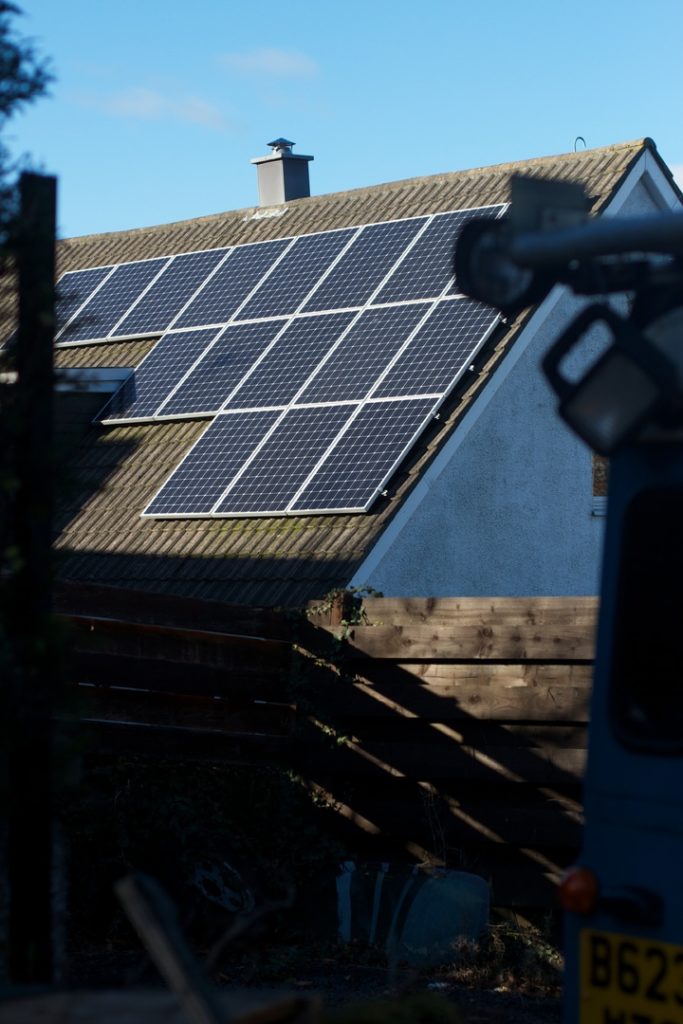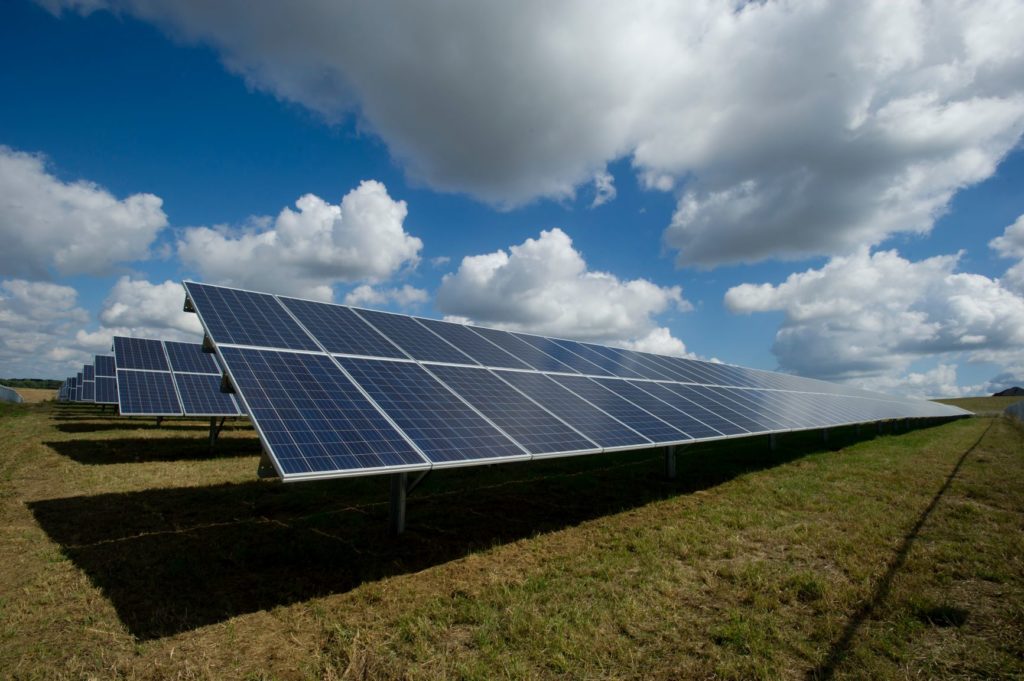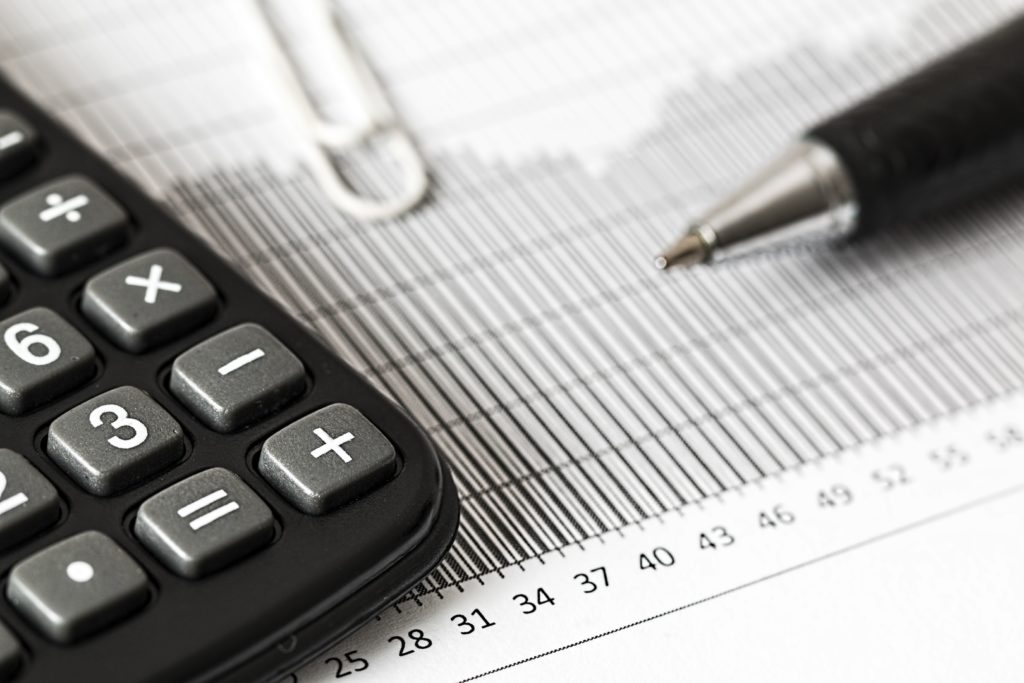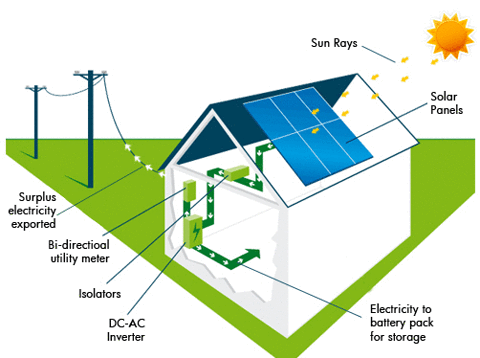Solar energy isn’t for everyone. As advocates of solar energy, you might be surprised to hear that, but it’s true. Solar culture is here to help you reach your goal, to use the most abundant resource of energy in the planet while taking into consideration if it matches your current resources.
A solar panel system will greatly help any business, farmer or homeowner save money while helping the environment. But how can you tell if you’re one of those people? These are four factors you need to consider to determine if solar is right for you.
1. Roof or Ground Space
The first thing you need to consider is the space where you will install your solar system. It will be either installed on your roof or on the ground.
Roof mounted vs Ground mounted solar system

Size
With the arrival of newer, more efficient modern solar panels, you’ll be needing less and less to power your requirements. But they will still take up space. As a general rule, for a 5kW system (which is estimated to cover a 3000 Php electricity bill), you’ll need about 26 sqm of space
Orientation/Direction
The amount of sunlight your roof gets should also be taken into consideration. South-facing roofs are the most ideal since they get the most exposure to the sun. Other directions of the roofs are less exposed to the sun, hence you’ll need to add a bit more solar panels to make-up for the less production of power
Pitch
Roof pitch is also an area of concern for your solar panel system. The ideal angle is 30-45 degrees. It’s not essential to having a productive roof mount since a 5-degree or a flat roof only produces 10% less compared to a roof pitched to the optimal 30-degree angle. But don’t be discouraged if you have less than 30-degree roof pitch since a simple ballast mount system could do the trick to get the most out your solar panels
Shading
You will also want to take a look at trees, buildings, and other things that cast shadows on your roof. If your building is tucked away in the woods and is blocked by trees most of the day, your solar system may not get enough sunlight to produce a lot of electricity. If your building is in the city, tall buildings could potentially cast shadows on your system. To find out more on how shading affects your solar panels, watch this video.
Any surrounding structure from your roof or ground should also be taken into account for. Any trees or tall buildings near you could easily affect the efficiency of your solar panels as these structure could cast shadows on your system – less sunlight = less production of power.
Roof condition
Solar panels are best placed in a roof without structural issues. Many businesses and homeowners dread roof repairs, and if you have a roof that’s at the end of its life, it may be better if you replace the roof first before the installation of the solar panel system. Don’t worry, as soon as the solar panels are installed, they will serve as a protection of your new roof, extending its lifespan
Ground space

Ground mounted solar systems can be optimally positioned to face south at the best tilt, but they will take up more space and may cost more to install compared to a roof mounted system.
Farmers are usually the ones who prefer ground mounted solar panel systems because the electricity produced by the system saves them more money than the crops on the space that the system occupies
Just make sure to consider a long-term plan for the plot of land, as solar panels can last over 30 years.
2. Financial Considerations

What Are Your Financing Options?
There’s no way around it. Even though solar costs you much less in the long run compared to utility electric, you have to pay for the system upfront. Whether through cash, loans, or capital leases, your ability to fund the project is key when deciding whether or not solar is right for you.
3. Electricity Requirements
Your Electricity Consumption

Solar panel system pays for itself and as a general rule, the more electricity you use and it provides you, the more money you’ll save over the course of the system’s life. For this same reason, we give headsup to those small homes or businesses with small electricity bills as they’ll have a longer payback period and may not offer a great financial benefit (but always offers environmental ones!) compared to those large houses and businesses with very high electric bills.
Are Your Electric Rates High?

The higher your electricity rates are, the more money you’re wasting by purchasing electricity from the utility. And the bad news is that rates are only going to increase in the long run.
If you live in an area with really high electricity rates, your payback will be that much quicker and your ROI that much higher. However, if you have relatively inexpensive electricity rates, solar can still be a great option, because the one thing that’s better than inexpensive electricity is free electricity.
4. Your Location
Weather
The truth is, weather has less of an impact on solar’s payback than you may think – however, it’s still something to consider. If you decide to get a quote, your solar installer should provide a simulation or a production estimate based on you local weather, so you’ll see for yourself how the weather affects the solar system’s performance
Be familiar with Net Metering

Net metering is the backbone of a grid-tied solar panel system. In essence, net metering is any excess power produced during peak sun hours, will be deducted from your total electricity consumption for the whole day. If you want to know more about net metering you can check out this article.
What’s the Next Step
We hope these criteria help your consideration on solar energy. If you want to take your solar energy journey to the next step, we suggest you take our no-obligation quote and simulation to put real numbers behind the hypotheticals presented in this article. We’ll show you how much power will be produced on your area’s roof/ground space, weather and how much money your system will save you. We’ll give you our honest and expert opinion whether or not solar makes sense for you. Request your free quote and simulation today!
